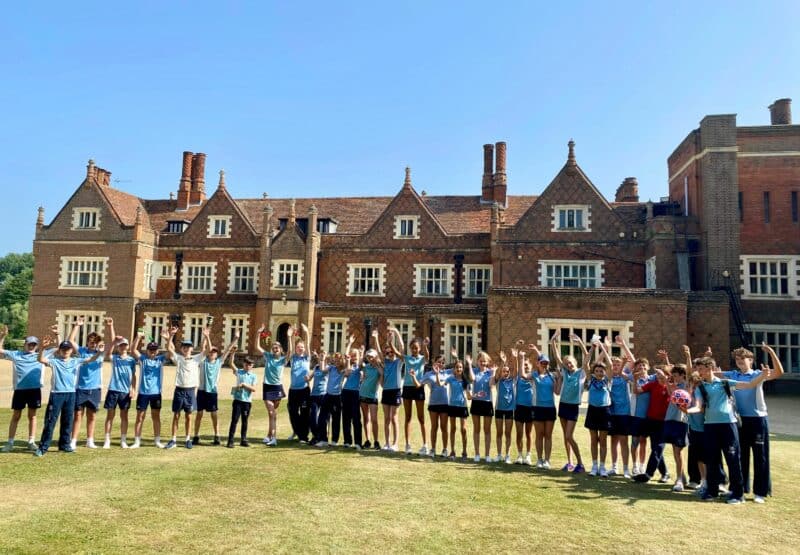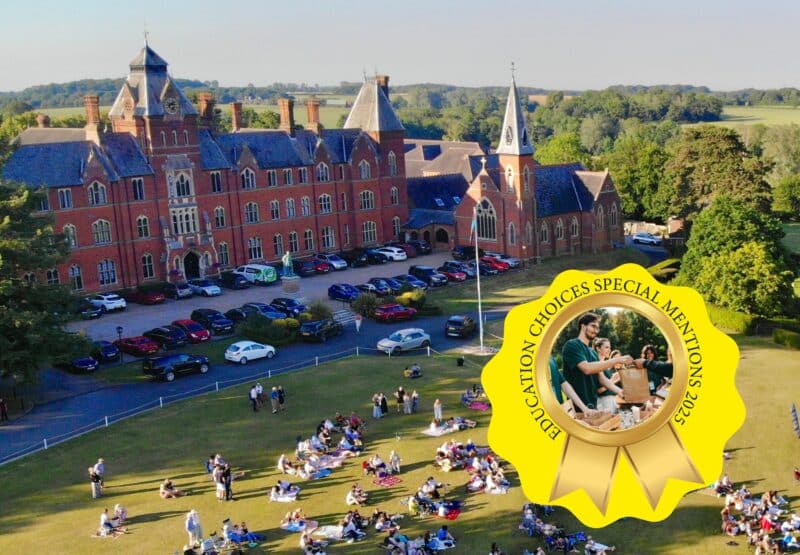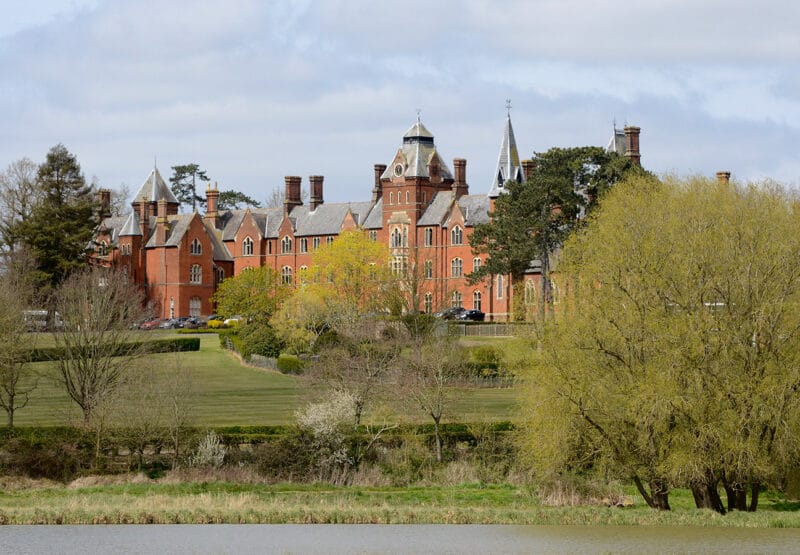Chapel Address: Tuesday 19 January 2021 | By: Louise North, Principal and Head of the Senior School
There is a lot going on in the world right now which has got me thinking about the meaning of good leadership.
Is the decision to put anyone who disagrees with you in prison, an example of good leadership?
Is having those who disagree with you poisoned, an example of good leadership?
Does a good leader throw their toys out of the pram when they lose an election?
Does a good leader praise those who have used violence instead of peaceful protest?
Does a good leader relish seeing those they lead divided?
I think we all know the answer to these questions.
In which case, what does a good leader look like? What does good leadership feel like?
Again, I think we all have an answer for this question but for each of us, it will be a little different, because it will depend on what we have experienced both in being led and in leading ourselves.
I wonder if you would agree with the opinion that I overheard recently, that all good leaders need to be able to shout loudly”? Is this really a characteristic of a good leader? Well, if I were being led up or down Mount Everest in a storm, I would probably say yes. Otherwise I would probably say that it has nothing whatsoever to do with good leadership.
Good leaders are strong communicators. They listen more than they talk. And when they talk, we listen because good leaders choose their words carefully.
Good leaders draw on their wisdom and experience as they try to make good decisions. But they also draw on the wisdom and experience of their team. Good leaders are wise enough to know that they don’t know everything and that to ask others for advice is a strength not a weakness.
Good leaders remain humble. They believe in empowering others and they shine a light on other’s successes, not their own.
Good leaders don’t always get things right. When they don’t, they admit their mistakes because they are not afraid of learning from them.
Good leaders are compassionate, have integrity and are honest. The truth can often be difficult to say and even harder to hear. A good leader will always be honest but will balance that honesty with compassion.
Good leaders walk the walk as much as talking the talk. They put their words into action. They do what they say they are going to do.
Good leaders have grit, tenacity and a certain imperviousness to help them weather the doubt, the cynicism and the opposition that they will inevitably face.
And finally, when the going gets tough a good leader puts other people first. A good leader will swallow their nerves and step up to set the example.
But, do such people really exist? Is it just a little bit too much to ask for someone to have all these qualities? Do you know anyone like this? Are you like this? Is it nature or nurture that’s involved?
I’m not sure that I know anyone with all these qualities, but I have seen examples of good leadership which gives me hope and optimism for the future. If I had to choose one example, it would be Ernest Shackleton. Before he set out on his third expedition to cross Antarctica via the South Pole, it is said that he put an advert in a newspaper that read as follows:
What kind of man can Shackleton have been to place an advert like that and expect to rally a team? And why did men sign up for such an adventure? They signed up because they saw in Shackleton a leader who inspired them and who they wanted to follow and whose mantra was that difficulties are just there to be overcome, after all.
In August 1914 the British Imperial Trans-Antarctic Expedition (1914–16) left England under Shackleton’s leadership. He planned to cross Antarctica via the South Pole, but his expedition ship Endurance was trapped in ice off the Caird coast and drifted for 10 months before being crushed in the pack ice. The members of the expedition then drifted on ice floes for another five months and finally escaped in boats to Elephant Island in the South Shetland Islands, where they subsisted on seal meat, penguins, and their dogs. Shackleton and five others sailed 800 miles (1,300 km) to South Georgia in a whale boat, a 16-day journey across a stretch of dangerous ocean, before landing on the southern side of South Georgia. Shackleton and his small crew then made the first crossing of the island to seek aid. Four months later, after leading four separate relief expeditions, Shackleton succeeded in rescuing his crew from Elephant Island. Throughout the ordeal, not one of Shackleton’s crew of the Endurance died.
There is no doubt in my mind, that Shackleton was a great leader. He engendered trust in his men, they believed in him, they believed he would do what he said he would do: get help and rescue them. Somehow, that belief in his leadership kept them going through hideous conditions: he walked the walk and put them first when the chips were down. He was an amazing man.
So, right now, I think we should change the conversation. Rather than the discussion being on those who shout loudest and who, in the midst of a pandemic, fail to put ego, point scoring and self interest aside. Let’s choose to talk about the good examples of strong modern leadership instead, because there are many of them, where decisions are reached with humility, tenacity and selflessness. Let me know who you feel is a strong leader.
It’s clear that you have been busy, but I hope that the weekend helped to take you away from the screen and to have time with your family. Finding that balance will be the key to thriving through this lockdown period.
I hope you have a really good week.








